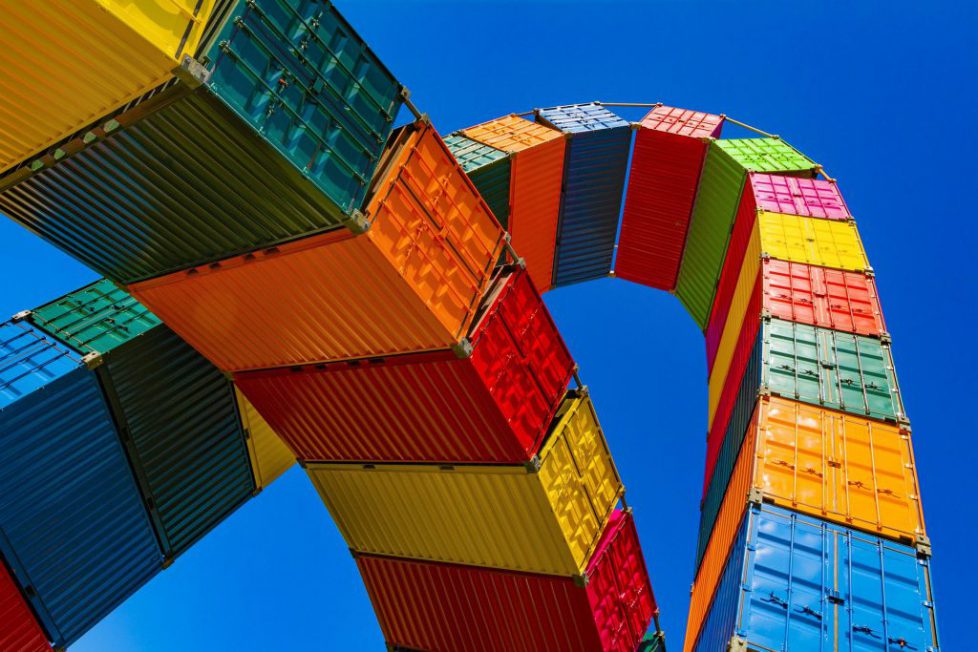
Export is the term used to describe the export of goods outside the country where they were made. The opposite of export is import.
We can talk about exports on a different scale:
- On a micro scale, we can refer to exports made by one company (exporter) or we can also talk about exports in a given sector or export of a given group of products
- In the macro scale, exports are considered from the point of view of the entire country. So you can study exports to another country or the total aggregate exports of a country to all other countries combined.
INTRA-COMMUNITY DELIVERY
It is worth knowing that the export of goods between countries in the European Union is not treated as export from the point of view of tax law. A special category has been created for this type of sale: intra-Community supply.
THE IMPACT OF EXPORT ON THE ECONOMY
Export is one of the macroeconomic elements that are very important to the economy of a given country. It has a direct impact on a country’s balance of payments, which in turn affects a country’s currency rate. The exchange rate, on the other hand, affects the relative wealth of a country and its citizens in relation to other countries.
The increase in exports usually causes an acceleration of economic growth and a decrease in unemployment.
TECHNIQUES FOR AFFECTING EXPORT
Many countries use techniques that influence the level of exports to limit or support them.
Supporting exports is aimed at accelerating the development of the economy or protecting domestic producers and their products against foreign competition. The most common techniques for supporting exports are direct payments to exported goods and exempting export activities from certain taxes.
Most often in this way, strategic sectors of the economy are supported (e.g. agriculture – the country does not want to lead to a situation in which it will be dependent on food supplies from abroad) or young branches of the economy, which are supported during their dynamic development in order to help them survive and develop despite strong competition.
Restricting the export of certain goods is usually aimed at reducing or stopping the increase in their prices in the country. By limiting exports, the demand for a given good is limited, which in turn should cause its price to fall. The most common methods of limiting exports are export duties, i.e. taxes that an exporter has to pay on exported goods.
In the case of trade within the European Union, any promotion or limitation of exports is prohibited. On the other hand, the Union applies a customs policy towards external countries.
EXPORT OF GOODS IN THE MEANING OF THE ACT ON TAX ON GOODS AND SERVICES:
Pursuant to the VAT Act, the export of goods is the export of goods from the territory of Poland outside the territory of the Community, confirmed by the customs office of departure, provided that it is carried out by:
- supplier or on his behalf, or
- a buyer established outside of Poland or on its behalf.
According to the Act on the export of goods, it is possible to speak of a total of 3 conditions:
- the export must take place outside the territory of the European Community,
- the export must be certified by the customs office of departure (border customs office of the European Community). Therefore, it is not an export within the meaning of the VAT Act, e.g. illegal removal of goods from the territory of the EU. It is also not sufficient for the taxpayer to have a customs clearance document confirmed by an internal customs office (located in the territory of the European Community);
- the export must take place as part of the paid delivery of goods or activities equivalent to it (e.g. transfer of goods for personal purposes of the taxpayer). An export performed on a different legal basis, e.g. a lending agreement, or which is only an actual act, is not an export within the meaning of the Act.